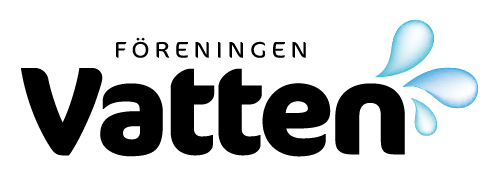Mapping and situation analysis of drinking water resources in India – a participatory approach / Kartering och situationsanalys av dricksvattentillgång i Indien ur ett lokalt perspektiv
Geographical space is a vital factor over a broad range of decision making problems. Participatory Resource Mapping (PRM) can be a vital tool for collection and assimilation of data on broader spatial scale with ease and accuracy. In this paper we seek to determine the connections between PRM and its linkages with the grassroots knowledge possessed by the local communities. We have presented a case study of PRM in seven villages of Guna district, Madhya Pradesh, India. The results of the study are presented in form of resource maps. This study focuses on problems faced by villagers in accessing drinking water which may be based on social or economic structure of the society. Mapping of resources is carried out to study in depth the problems existing and with perception that public participation research efforts largely adhere to the more positive first view and seek to develop approaches, technologies and mechanisms that aid self-determination. Problems faced includes shortage of drinking water, social discrimination based on sex and income, depleting of groundwater resources, exploitation of water resources, deteriorating water quality among many others. Finally we conclude with suggestive measures that can be taken for improvement of adverse conditions in these villages.
